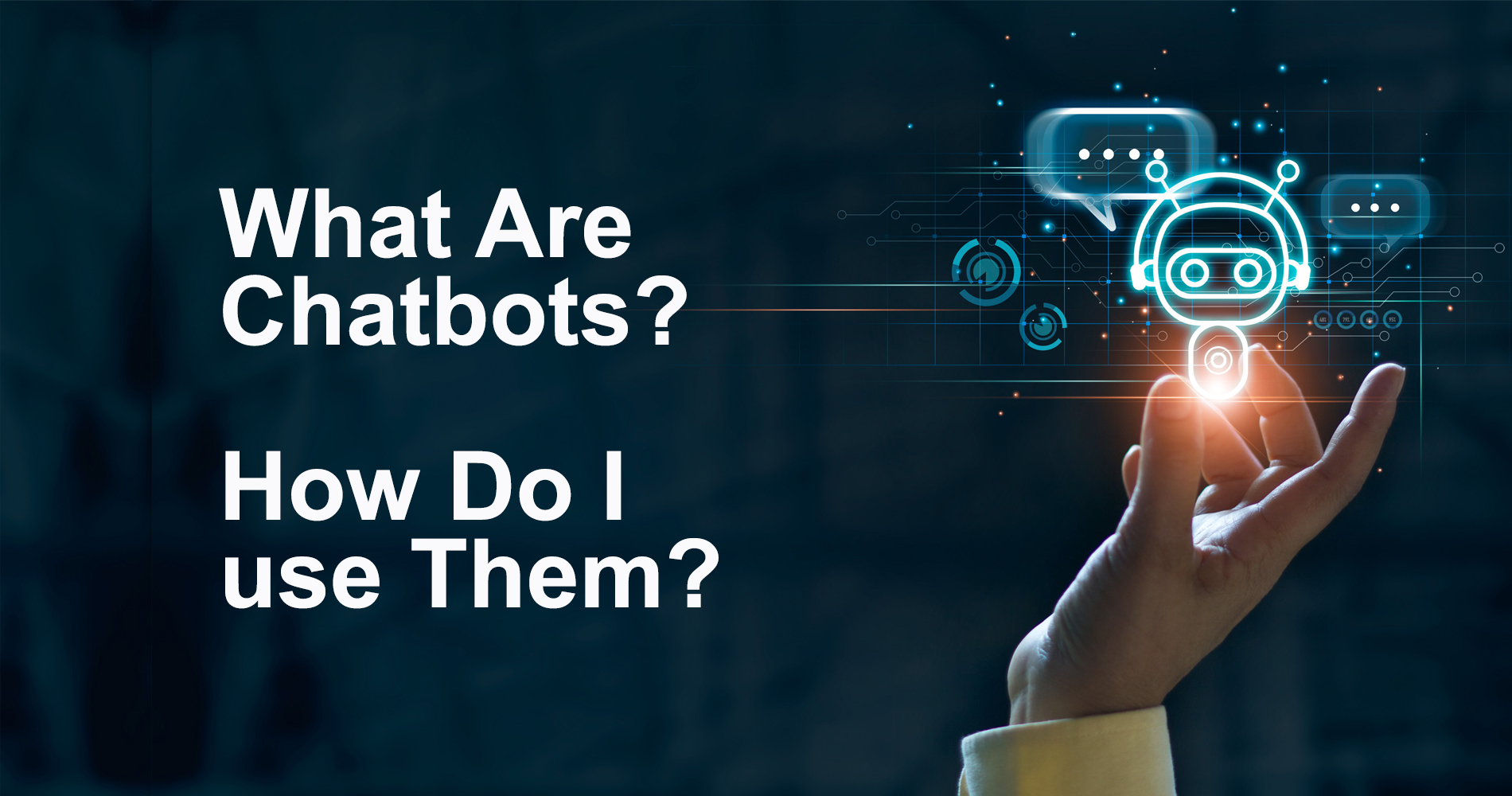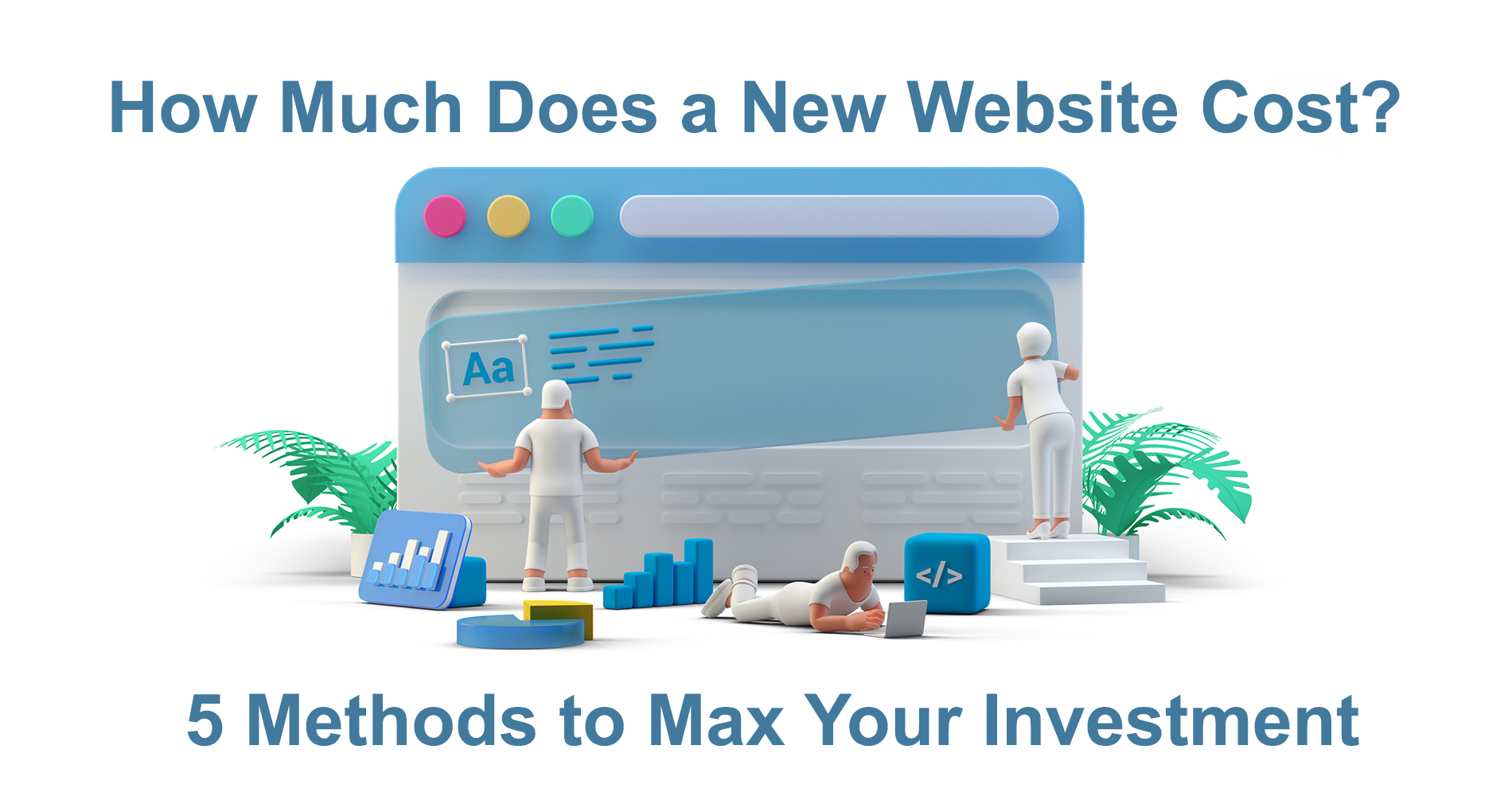Investing in a CRM system like HubSpot can be a game-changer for your business. It’s designed to streamline sales, improve marketing, and enhance customer service—all in one place. But, as we often discuss at Real Inbound, buying HubSpot is only the first step. The real challenge—and the real cost—lies in bridging what we call the HubSpot Adoption Gap: the space between purchasing HubSpot and getting your team to use it effectively as a central business tool.
In this article, we’ll explore the hidden costs of the HubSpot Adoption Gap and why they matter. Understanding these costs is crucial for making informed decisions about CRM implementation and for avoiding unpleasant surprises after the purchase.
What is the HubSpot Adoption Gap?
The HubSpot Adoption Gap is the difference between having HubSpot and using it successfully. It’s not just about installing the software; it’s about getting your team to use it efficiently and in a way that supports your strategic goals. This gap appears when businesses lack a clear implementation plan, have unaddressed training needs, or don’t align HubSpot’s capabilities with their workflow.
Failing to close the HubSpot Adoption Gap means HubSpot’s potential goes unrealised. Your team may not engage fully, your processes may remain inconsistent, and, ultimately, you miss out on the competitive advantages that CRM can offer. But closing this gap isn’t without costs, and that’s where the HubSpot Adoption Gap Cost comes into play.
The HubSpot Adoption Gap Cost: More Than Just Software Fees
Think of buying HubSpot like buying a car. Purchasing the car is only the beginning—you also need to pay for fuel, insurance, maintenance, and maybe even driving lessons. Similarly, with HubSpot, your software subscription is only one part of the expense. Closing the HubSpot Adoption Gap comes with its own set of costs, and these can vary greatly depending on the level of support, training, and commitment required to integrate HubSpot into your daily operations.
Common Costs Associated with the HubSpot Adoption Gap:
- Initial Setup and Customisation Costs
- Time Investment for Team Training
- Lost Productivity During the Learning Phase
- Testing and Refinement Expenses
- Ongoing Support and Optimisation Needs
- The Cost of Initial Setup and Customisation
HubSpot is powerful but complex, and it’s rarely ready to go out of the box. Customising it to fit your needs requires careful planning, strategy, and expertise.
What Setup and Customisation Entail:
- Working with a HubSpot Partner: Partnering with a HubSpot-certified agency can help you design a setup that aligns with your business model, goals, and workflows.
- Data Migration and Integration: Moving data from old systems to HubSpot and integrating it with existing tools takes time and expertise.
- Platform Configuration: Setting up pipelines, workflows, dashboards, and reporting tailored to your business needs.
Cost Impact: These services come with an upfront cost, often anywhere from double to twenty times the software subscription cost, depending on the level of customisation and integration needed.
Pro Tip: Plan your budget with setup costs in mind and look for a HubSpot Partner who understands your industry and can ensure smooth, efficient onboarding.
- The Cost of Time Investment for Team Training
Without proper training, even the most powerful CRM won’t deliver results. Effective HubSpot adoption requires that everyone on your team knows how to use the platform—and more importantly, understands why they’re using it.
What Training Involves:
- Role-Specific Training: Training sessions tailored to each team—sales, marketing, customer service—help employees see how HubSpot supports their daily work.
- Hands-On Practice: Allowing employees time to practice within HubSpot, exploring workflows and testing out features.
- Continuous Learning: HubSpot is constantly evolving, and ongoing training ensures your team remains updated on new features and best practices.
Cost Impact: Training can involve a significant time commitment from your team. During this period, employees may need to step back from other duties, which can temporarily impact productivity.
Pro Tip: To avoid burnout, plan training in manageable phases and provide ongoing resources, like cheat sheets and tutorial videos, to support continuous learning.
- The Cost of Lost Productivity During the Learning Phase
The adoption phase isn’t seamless, and productivity can dip as employees adjust to new processes, workflows, and tools. This transition period is an inevitable cost of closing the HubSpot Adoption Gap.
Why Productivity Dips Happen:
- Learning Curve: Like any new tool, HubSpot takes time to master. Employees may take longer to complete tasks as they learn the system.
- Disruption of Established Routines: Old workflows may no longer apply, and it takes time to establish new routines within HubSpot.
- Dependence on Support: During the initial stages, teams may need more support from managers or your HubSpot Partner to troubleshoot issues.
Cost Impact: A temporary drop in productivity is a natural part of the learning curve, but understanding this cost in advance helps set realistic expectations.
Pro Tip: Acknowledge the adjustment period and celebrate small wins as your team becomes more proficient with HubSpot. This positive reinforcement can ease the transition and motivate teams to engage with the platform.
- The Cost of Testing and Refinement
Implementing HubSpot isn’t a “set it and forget it” solution. The platform needs to be continuously tested and refined to ensure it aligns with your business objectives and works efficiently.
Testing and Refinement Activities:
- Workflow Testing: Running workflows in a test environment helps to identify any gaps or inefficiencies before full implementation.
- Feedback Collection: Gathering input from users to understand which parts of HubSpot are working well and where there’s room for improvement.
- Ongoing Optimisation: Adjusting workflows, sequences, and automations as you learn more about your team’s preferences and your customers’ needs.
Cost Impact: This phase can take significant time and may require additional support from your HubSpot Partner, depending on the complexity of your business needs.
Pro Tip: Treat HubSpot as a dynamic tool. Regular check-ins and refinements help your team build confidence and make the platform more effective.
- The Cost of Ongoing Support and Optimisation
Even after HubSpot is fully adopted, ongoing support and optimisation are crucial for maintaining a strong adoption rate. HubSpot frequently updates and adds new features, so having a plan for continuous learning and support keeps your team engaged and ensures the platform remains aligned with your goals.
Key Components of Ongoing Support:
- Regular Check-ins: Scheduling periodic meetings with your HubSpot Partner to review performance and address challenges.
- Feature Training: Keeping your team up-to-date on new HubSpot features that could streamline their work and improve outcomes.
- Data Integrity: Maintaining clean, accurate data through periodic audits and best practices training.
Cost Impact: Long-term success with HubSpot depends on regular investment in support and optimisation. While these costs may seem small compared to initial setup, they add up over time and are essential for keeping HubSpot effective.
Pro Tip: Establish a regular cadence of optimisation sessions, whether monthly or quarterly, to keep HubSpot functioning smoothly and your team fully engaged.
Calculating the Total Cost of the HubSpot Adoption Gap
The costs associated with closing the HubSpot Adoption Gap can vary widely. Some businesses may find that their adoption costs amount to double the initial software expense, while others may invest up to twenty times the subscription cost, depending on customisation needs, team size, and the complexity of processes.
Estimating Your Own Adoption Gap Cost
To get a sense of your own potential costs, consider the following:
- Do you have an internal team skilled in CRM configuration?
- Will you need custom workflows, integrations, or data migration?
- How intensive will the training needs be for your team?
- What is your projected adjustment period for employees to adapt to HubSpot?
Being proactive about these questions will give you a clearer picture of the total investment required to see real results from HubSpot.
Closing the HubSpot Adoption Gap: Investing for Success
The HubSpot Adoption Gap isn’t just a theoretical idea—it’s a reality that impacts businesses daily. But by understanding the costs involved and preparing for them, you can turn HubSpot into an asset that drives growth rather than an underutilised expense.
At Real Inbound, we work with clients to close the HubSpot Adoption Gap by creating tailored, realistic onboarding plans that factor in these hidden costs. We believe that acknowledging and addressing the adoption gap cost is key to turning HubSpot into a tool that delivers value, aligns with your goals, and empowers your team.
Get Started: Invest in the Right Path for Your HubSpot Journey
Ready to make HubSpot work for your business? Start by understanding the true costs and planning for effective onboarding. Our HubSpot Adoption Gap Framework email series is designed to help you navigate these costs with practical strategies for every stage of the adoption journey.
💡 Sign up today to receive insights directly to your inbox and start bridging the gap toward effective HubSpot adoption.
👉 [Sign Up Below] for the HubSpot Adoption Gap Framework email series and ensure your HubSpot investment reaches its full potential.







